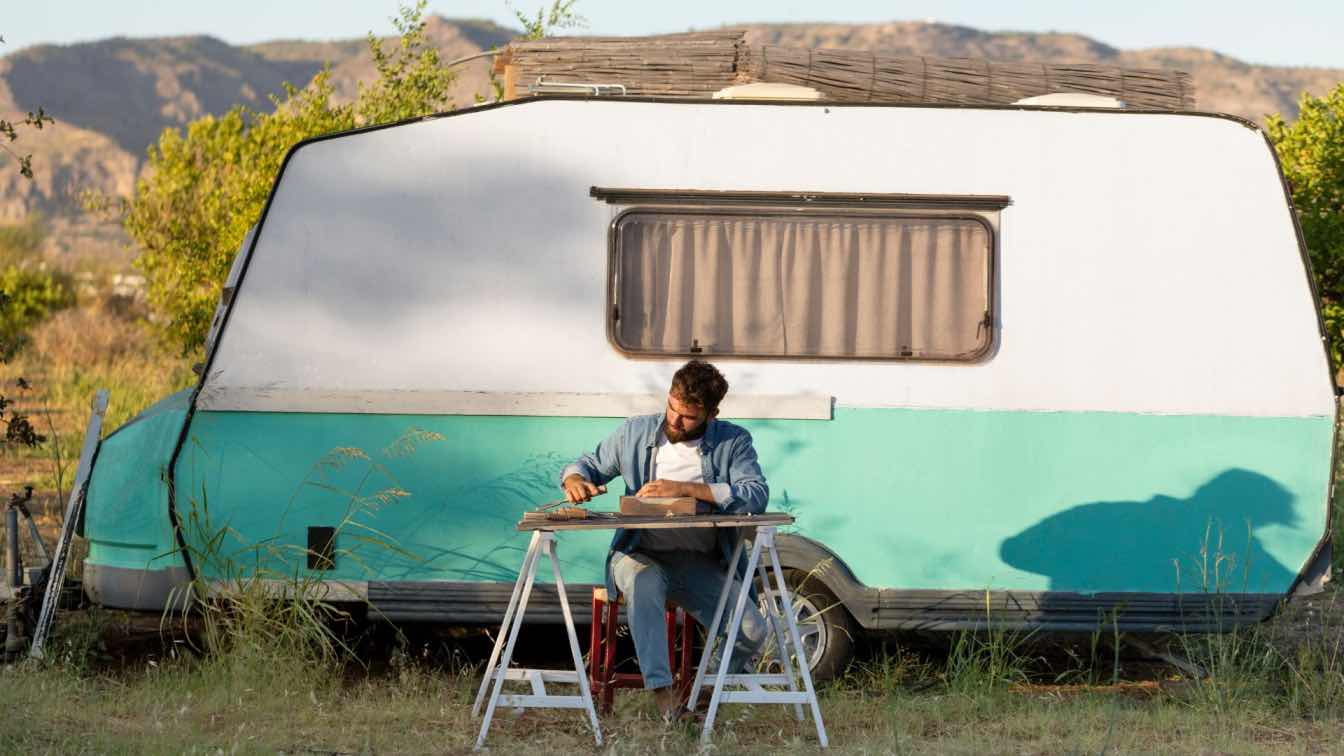Outdoor adventures during the warmer months bring unparalleled excitement, whether you’re roaring down highways on a motorcycle, pitching a tent under the stars, or cruising in an RV. However, safety and preparation are key to ensuring these experiences remain joyful and stress-free.
Below, we explore six essential areas to help you navigate the outdoor season with confidence, backed by insights and statistics to keep your journey secure and memorable.
Plan Your Adventure Thoroughly
Preparation is the foundation of any successful outdoor adventure. Before setting out, research your destination and activities. For motorcycle road trips, check road conditions and construction updates, as uneven surfaces or detours can pose risks.
Campers should verify campground accessibility, hours, and amenities, ensuring the site suits your group’s needs, such as medical requirements or physical limitations. RV travelers need to map routes suitable for larger vehicles, noting bridge heights and weight restrictions.
Always share your itinerary with a trusted friend or family member, including details like departure and return dates, destinations, and emergency contacts. This step is critical: in 2023, over 1,500 hikers in U.S. national parks required search-and-rescue operations due to inadequate planning or communication.
Check weather forecasts for your travel dates and pack accordingly—sudden storms or heatwaves can turn a fun trip into a hazard. A well-planned adventure minimizes risks and maximizes enjoyment, setting the stage for a seamless experience.
Prioritize Vehicle and Equipment Safety
Whether you’re on two wheels or piloting an RV, your vehicle or gear is your lifeline. For motorcyclists, inspect tires, brakes, and lights before every trip. A 2023 study found that 18% of motorcycle crashes involved mechanical failures, often preventable with routine checks.
RV and truck drivers should verify tire pressure, fluid levels, and brake functionality, ensuring the vehicle can handle long distances or rough terrain. Campers must test equipment like tents, stoves, and lanterns to avoid malfunctions in the wild.
Carry a basic emergency kit tailored to your activity: a first-aid kit, multi-tool, flashlight, spare batteries, and a tire repair kit for vehicles. For RVs, include jumper cables and a fire extinguisher. Motorcyclists should pack a compact toolkit for roadside fixes. Regular maintenance and preparedness reduce the chance of breakdowns, keeping you safe and on schedule. Invest time in learning basic repair skills—it could save your trip.
Stay Vigilant on the Road
Road safety is paramount, especially during peak adventure season when highways buzz with motorcyclists, RVs, and campers. Summer sees a spike in motorcycle activity, with over 5,900 fatal crashes reported in 2023, a 4% increase from the previous year. Many accidents occur due to distracted driving or failure to notice smaller vehicles like motorcycles.
If you’re involved in a crash, help from a motorcycle accident lawyer will navigate you through legal complexities, but prevention is always better. Wear high-visibility gear, including reflective vests and helmets meeting safety standards, and keep your arms and legs covered to protect against road rash.
For all drivers, avoid distractions like texting or adjusting GPS while moving—delegate navigation to a passenger. Take breaks every two hours to combat fatigue, as drowsy driving contributes to 16–21% of fatal crashes. Obey speed limits and maintain a safe distance from other vehicles, especially in heavy traffic near popular destinations. Staying alert and visible ensures you reach your adventure spot safely.
Master Campsite Safety
Camping is a cornerstone of outdoor adventure, but it comes with unique risks. Set up camp at least two hours before sunset to avoid fumbling in the dark, which can lead to injuries or misplaced gear.
Choose a site on durable surfaces to minimize environmental impact, adhering to Leave No Trace principles. Keep fires small, at least 15 feet (4.57 m) from tents or vegetation, and never leave them unattended. In 2024, wildfires caused by unattended campfires destroyed over 1.2 million acres in the U.S.
Store food securely to deter wildlife—bears and raccoons are drawn to unsecured provisions. Carry bear spray in areas with wildlife activity and know how to use it. A well-organized campsite reduces risks of fire, animal encounters, or injury, letting you focus on the beauty of the outdoors. Always have a bucket of water or dirt ready to extinguish fires completely before leaving.
Stay Hydrated and Protected from the Elements
Outdoor adventures expose you to sun, heat, and insects, all of which can derail your trip if ignored. Dehydration is a major risk: the CDC reports that heat-related illnesses hospitalize over 65,000 people annually in the U.S.
Drink water regularly—aim for 16 ounces (0.6 kg) per hour of activity—and pack electrolyte supplements for long motorcycle rides or hikes. Avoid sugary drinks or alcohol, which can worsen dehydration.
Apply broad-spectrum sunscreen with at least SPF 30, reapplying every two hours, and wear protective clothing like long sleeves and hats. Insect repellent is a must in wooded or grassy areas to prevent bites that could carry diseases like Lyme disease, which affected 476,000 Americans in 2023.
Check weather updates daily, as sudden changes can bring storms or extreme heat. Proper hydration and protection keep you energized and safe for the journey.
Build a Robust Emergency Plan
Even the best-planned adventures can face unexpected challenges, from injuries to vehicle breakdowns. Carry a fully charged phone with a portable charger, as cell service may be spotty in remote areas. Learn basic first aid, including how to treat cuts, burns, or sprains, and consider taking a wilderness first-aid course.
For motorcyclists, pack a GPS beacon or satellite communicator, as accidents in rural areas can delay rescue. RV travelers should know the nearest service stations and carry a paper atlas for navigation if GPS fails. Campers need a clear evacuation plan in case of wildfires or floods.
Assign roles within your group—like who handles first aid or contacts authorities—to streamline responses. A solid emergency plan turns potential crises into manageable hurdles, preserving the fun of your adventure.
Embracing the outdoor adventure season is about balancing thrill with responsibility. By planning meticulously, maintaining your gear, staying vigilant, and preparing for emergencies, you can savor every moment—whether it’s the wind in your hair on a motorcycle, the crackle of a campfire, or the open road in an RV.





